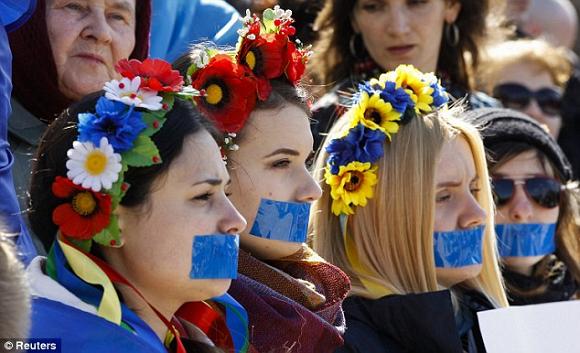In a recently published statement, the Crimean Human Rights Field Mission (CHRFM), underlines the importance of maximum international presence in Crimea of institutions, special procedures and independent experts of the OSCE, the UN and the Council of Europe, whose mandate is to protect human rights, to monitor and assess the human rights situation in the Crimean Peninsula.
The status of Crimea has since the annexation in 2014 been peculiar: the world has not recognized it as part of the Russian Federation, yet the Ukrainian government has failed to deliver a clear-cut strategy on Crimea, or provide solutions for the Ukrainian citizens left face to face with new authorities. With an intricate and militarized border control, Crimea is neither at peace nor at war, and still in limbo between the Ukrainian and Russian legislative fields. About twenty-five thousand Crimean locals fled within months of the annexation, mostly Crimean Tatars and pro-Ukrainian activists. Disappearances of activists, arbitrary arrests, curbing of independent media, especially closure of Crimean Tatars channel and newspapers, persecution of religious communities, have forced more people to leave their homes since then.
The Crimean Human Rights Field Mission (CHRFM), a joint civil initiative of Russian and Ukrainian human rights defenders has been among the utterly few voices heard from Crimea since March 2014, and the only international initiative issuing regular reports on human rights violations in the region.
The ODIHR and OSCE High Commissioner for National Minorities carried out a joint mission in July 2015 and issued a report with their findings and recommendations. However, the de facto authorities of the Crimea did not allow them to enter the peninsula, and therefore the research had to be done from mainland Ukraine. Read the report here
In the summer 2015 the CHFRM was forced to change the structure and format of their work due to a number of threats. CHRFM now advocates for more international presence in Crimea. The OSCE, UN, and the council of Europe experts should fill the gap which is forming in light of the recent negative developments, and the fact that there are virtually no human rights organizations that are able to monitor the situation on the ground. The Norwegian Helsinki Committee fully supports such an initiative.
